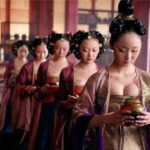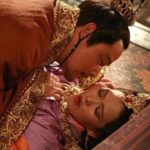Before his death, Khang Hy left 8 million silver taels in the treasury for Ung Chính, and Ung Chính saved 60 million silver taels for Càn Long. However, when Càn Long abdicated the throne to Gia Khánh, the treasury was almost depleted.
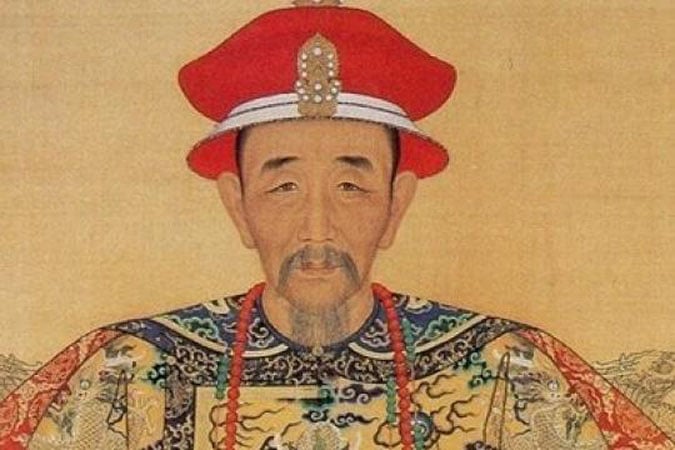
Emperor Khang Hy ascended the throne at the age of 8 and took power at the age of 14. He made the greatest contribution to the country during the Qing Dynasty. He laid a solid foundation for the prosperity of the country. Khang Hy ruled for a total of 62 years and was also the longest reigning emperor in Chinese history.
Later on, Khang Hy paid less attention to the court and decided to pass the throne to Ung Chính. At that time, there were only 8 million taels of silver left in the treasury, and the national strength had deteriorated significantly.
After Ung Chính ascended the throne, he was very diligent in his political work and began to implement reforms. He issued many special decrees to solve the remaining problems. In addition, he besieged and suppressed anti-Qing forces, carried out economic reforms nationwide, abolished the privileges of corrupt officials, and issued tax reductions for the people.
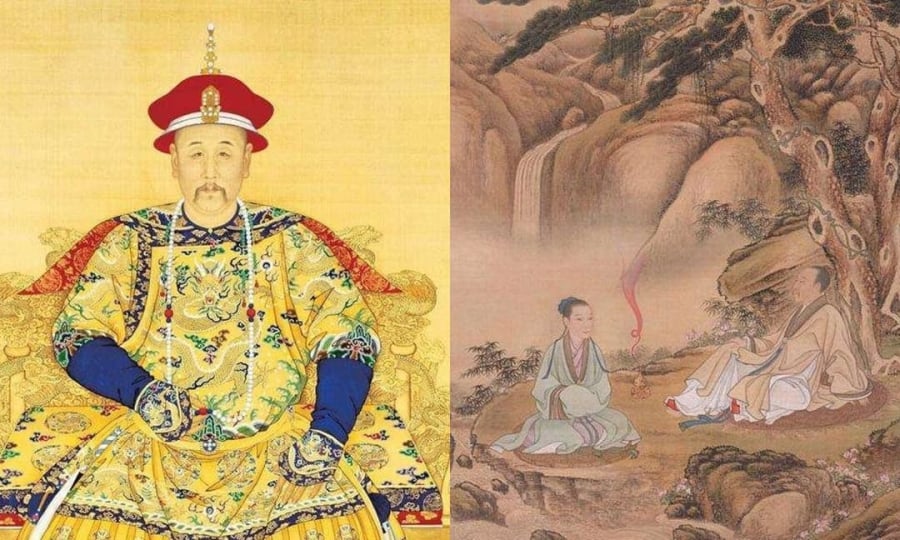
After 13 years of his reign, his efforts finally brought the economy and strength of the country back to normal, and the Qing Dynasty once again entered a period of prosperity. When Ung Chính passed the throne to Càn Long, the Qing treasury had over 60 million taels of silver.
Although Càn Long was responsible for the downfall of the Qing Dynasty, he also led the dynasty to its peak. Càn Long was a talented emperor. Under his rule, the Qing Dynasty experienced a period of great prosperity. In the later years of his reign, he spent a lot of manpower and money to build the Summer Palace.
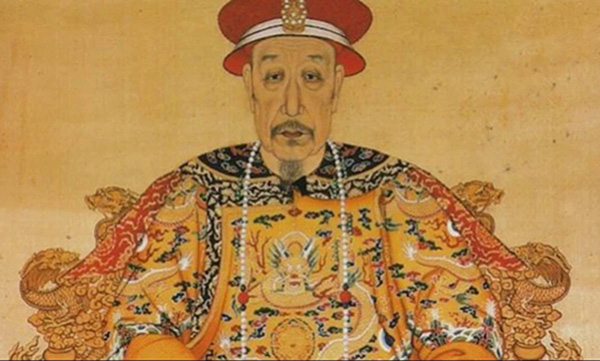
This period was also a time when China was gradually falling behind other countries in the world. The policy of closing the ports caused the country to decline and the arrogance of Emperor Càn Long led to the emergence of widespread corruption among the officials.
Later on, when Càn Long passed the throne to Gia Khánh, the treasury was truly depleted. However, Emperor Gia Khánh, upon taking office, inspected the house of the notorious corrupt official Hòa Thân and of course, the treasure of Hòa Thân was returned to the national treasury. This was also a “surprise” that Càn Long left for Gia Khánh.

























